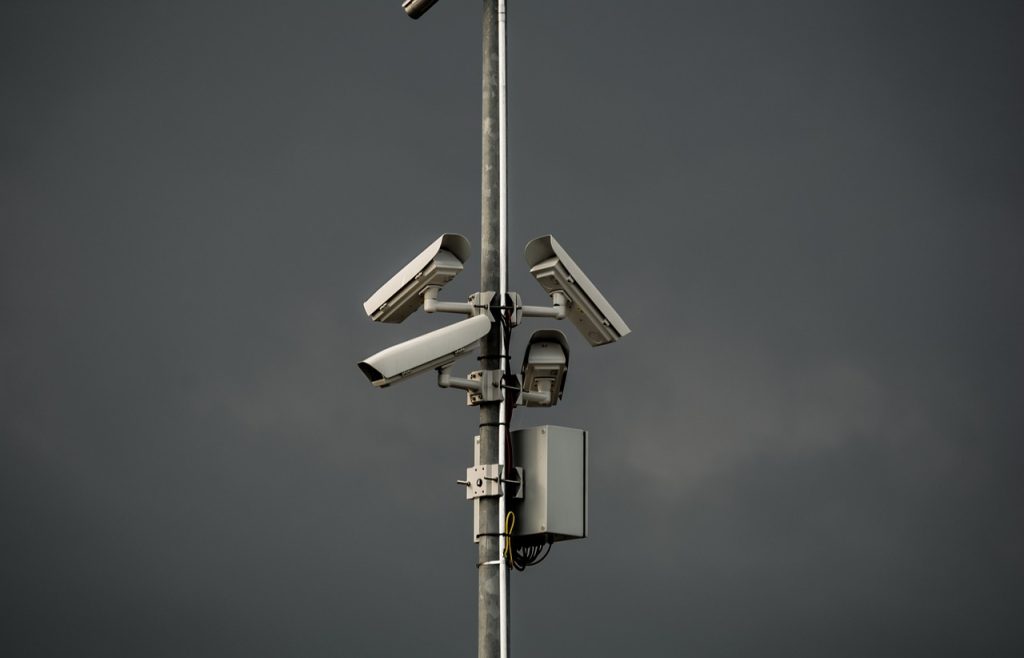
The Mozilla Foundation has called upon 30 major internet companies and social media platforms to block the surveillance system known as SocialNet, which is employed by the U.S. Immigration and Customs Enforcement (ICE) contractor, ShadowDragon. The appeal follows a report by 404 Media revealing a list of platforms from which ShadowDragon harvests data.
SocialNet enables real-time information retrieval on individuals using their name, phone number, email, or alias. The system collects data such as personal interests, friend lists, photos, and videos. ShadowDragon claims it does not retain client queries and does not violate user privacy settings. However, Mozilla highlights the risk of terms-of-service violations and unauthorized access to personal data.
The list of 30 platforms referenced by Mozilla includes Amazon, Google, Apple, Facebook, Instagram, Reddit, Discord, GitHub, LinkedIn, Snapchat, TikTok, Twitter, YouTube, among others. While some companies stated such surveillance violates their policies, the majority have not responded to media inquiries.
Mozilla emphasizes that mass surveillance poses particular threats to activists, human rights defenders, scholars, and immigrants—individuals whose work may be perceived by authorities as subversive. The unauthorized collection of their data exposes them to risks of surveillance, detention, and coercion.
Nabiha Syed, Executive Director of Mozilla, stated that government agencies are increasingly relying on covert methods to exert pressure on those who challenge human rights abuses. She stressed that it is the responsibility of civil society organizations to uncover such hidden practices and prevent platforms from eroding public trust.
ShadowDragon’s promotional materials openly demonstrate the system’s capabilities—mapping connections, interests, and digital behavior. Such tools have alarmed human rights advocates, who fear they may be weaponized for political persecution.
The revelations coincide with reports of the Trump administration’s plans to deploy artificial intelligence to monitor social media activity of foreign students suspected of supporting the Hamas movement. This escalation in digital surveillance has reignited debates over the balance between national security and human rights.
Mozilla urges companies not only to restrict access to their data but also to make public declarations of their stance. Despite the controversy, industry response remains tepid, while ShadowDragon continues to market its tools to government agencies and other clients.


